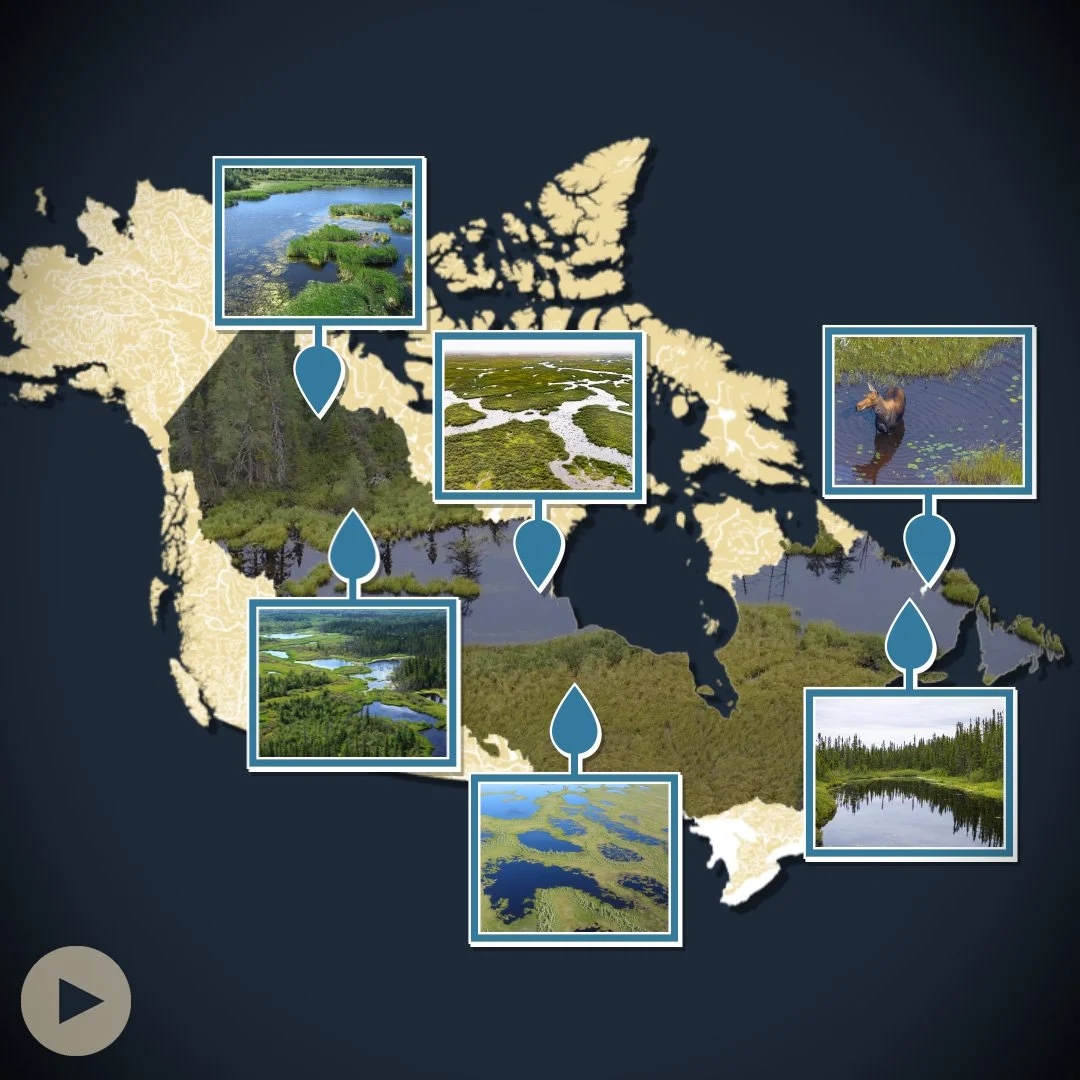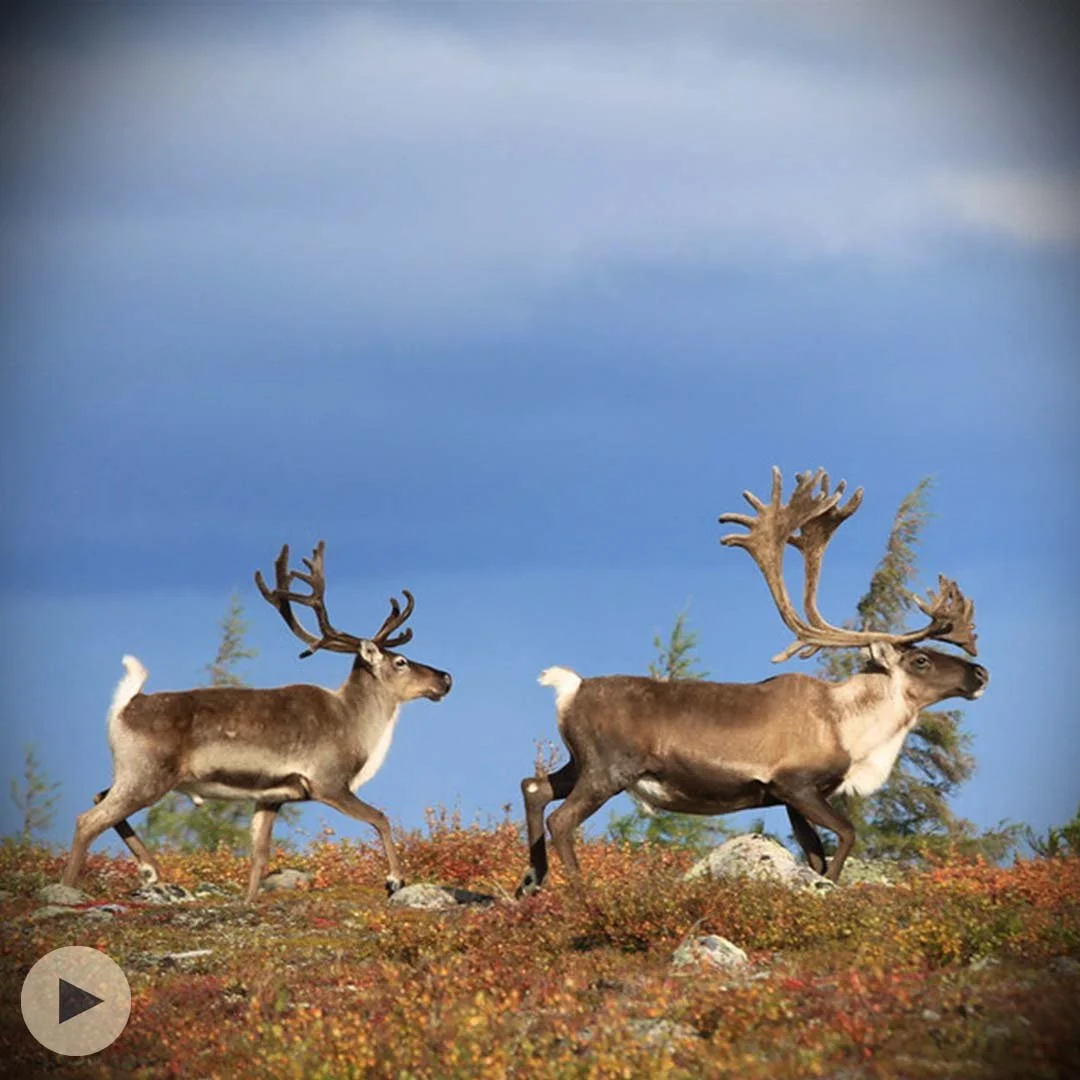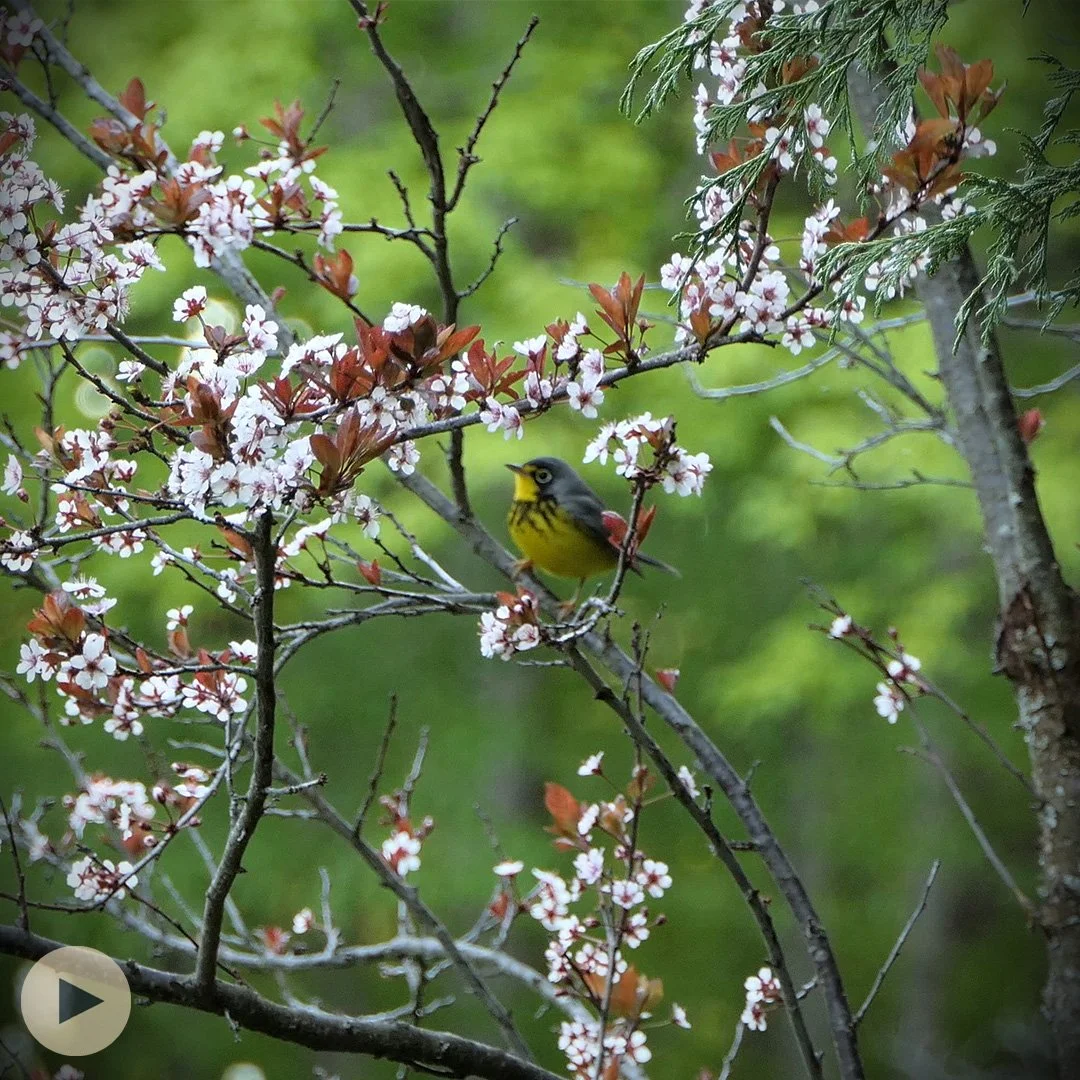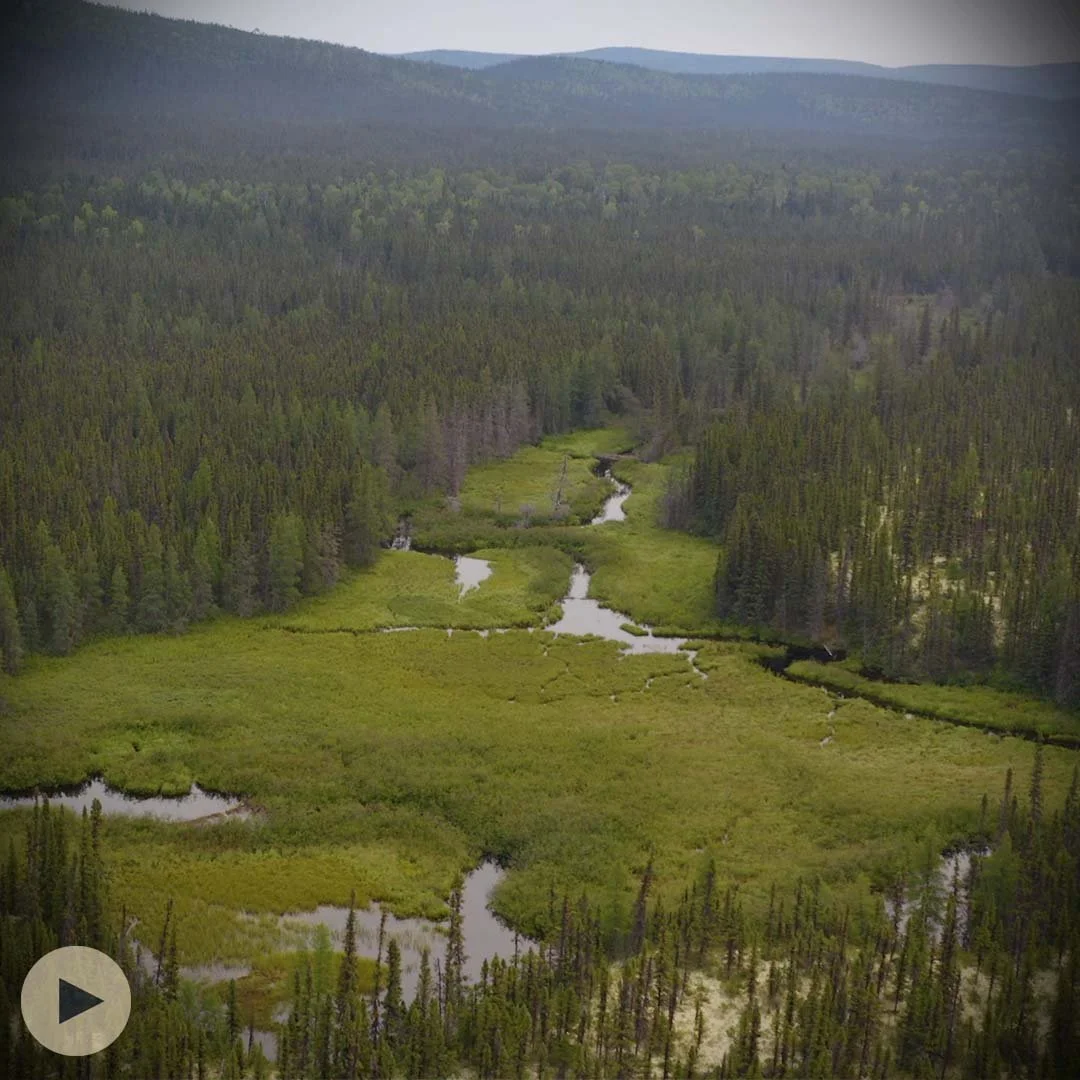“We need our laws of conservation to be up at the forefront. Indigenous peoples have that knowledge to make sound and good decisions for our future.”
Norma Kassi’s reflections remind us of the invaluable role that Indigenous peoples have in stewarding the Boreal Forest. Their leadership is guided by a relationship with the land that honours its rhythms and complexity, ensuring conservation efforts are informed by love and mutual understanding.
Read More









